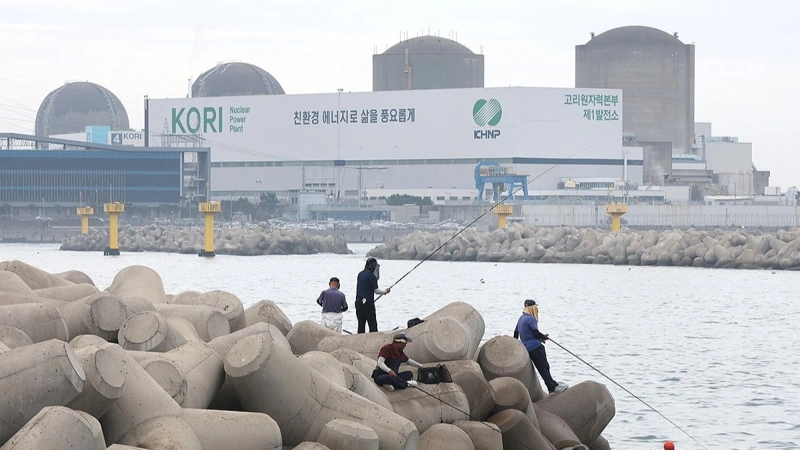S. Korea approves 10-year life extension of oldest nuclear reactor
South Korea's nuclear watchdog on Thursday approved a plan to extend the lifespan of the Kori-2 nuclear reactor by an additional 10 years, signaling a more diverse energy mix in the government's green energy drive amid the artificial intelligence (AI) boom, Yonhap reports.

The approval by the Nuclear Safety and Security Commission came two years after the Kori-2 nuclear reactor, located on the country's southeastern coast, shut down after 40 years of commercial operations that began in 1983.
The decision affecting the Kori-2 reactor is expected to set a precedent for nine other aging reactors, for which Korea Hydro and Nuclear Power Co. (KHNP), the state-run nuclear plant operator, plans to seek life extensions.
The Kori-2 currently is the nation's oldest active reactor. Two reactors, Kori-1 and Wolsong-1 units, have been permanently shut down so far.
The incumbent Lee Jae Myung administration has been pushing to expand the country's use of renewable energy resources, though the industry has voiced concerns over potential power shortages amid the ongoing artificial intelligence drive.
Earlier, it was reported South Korea could launch a homegrown nuclear-powered submarine in the mid-to-late 2030s.
